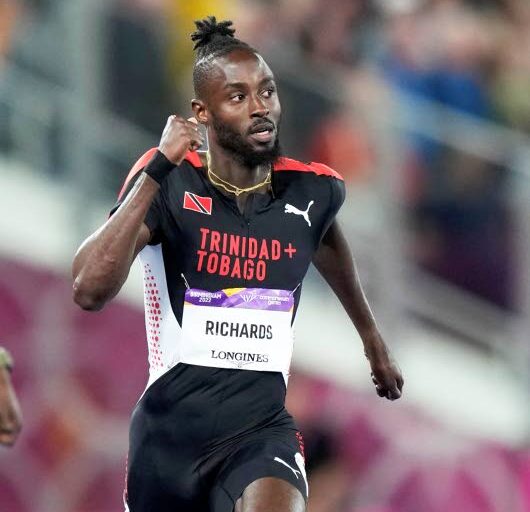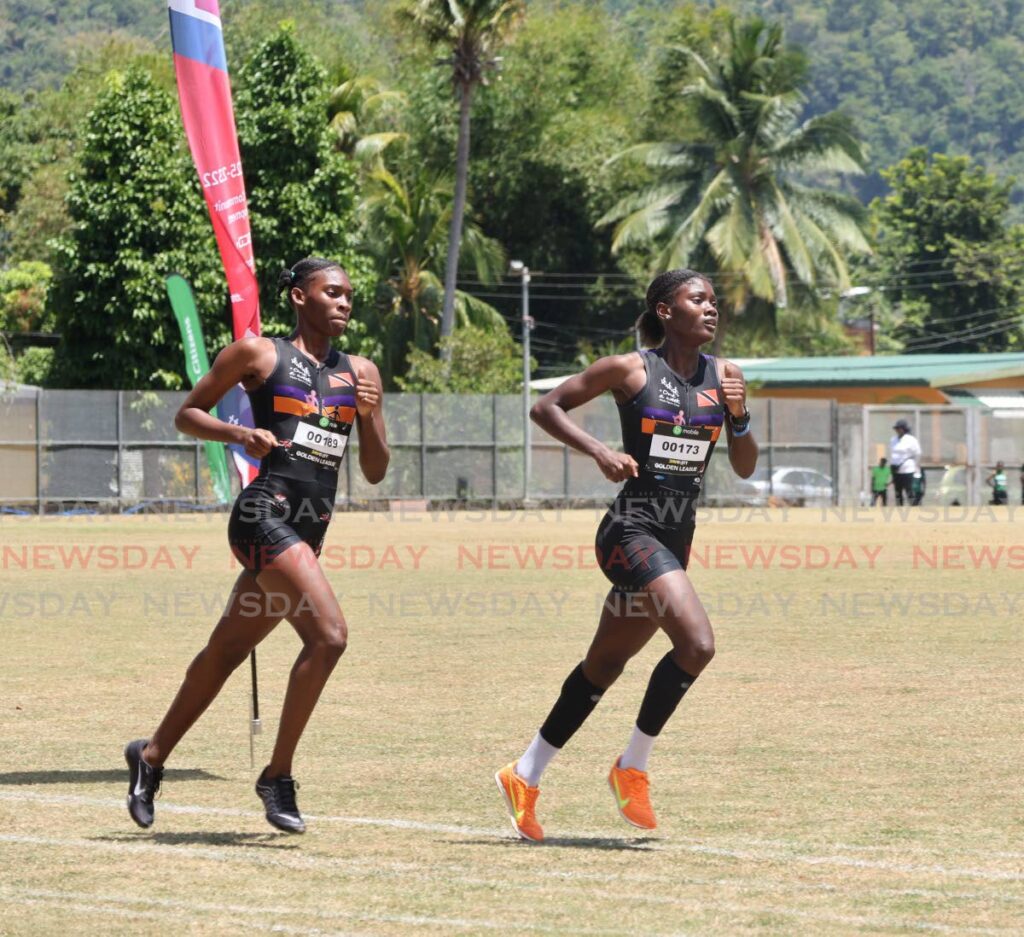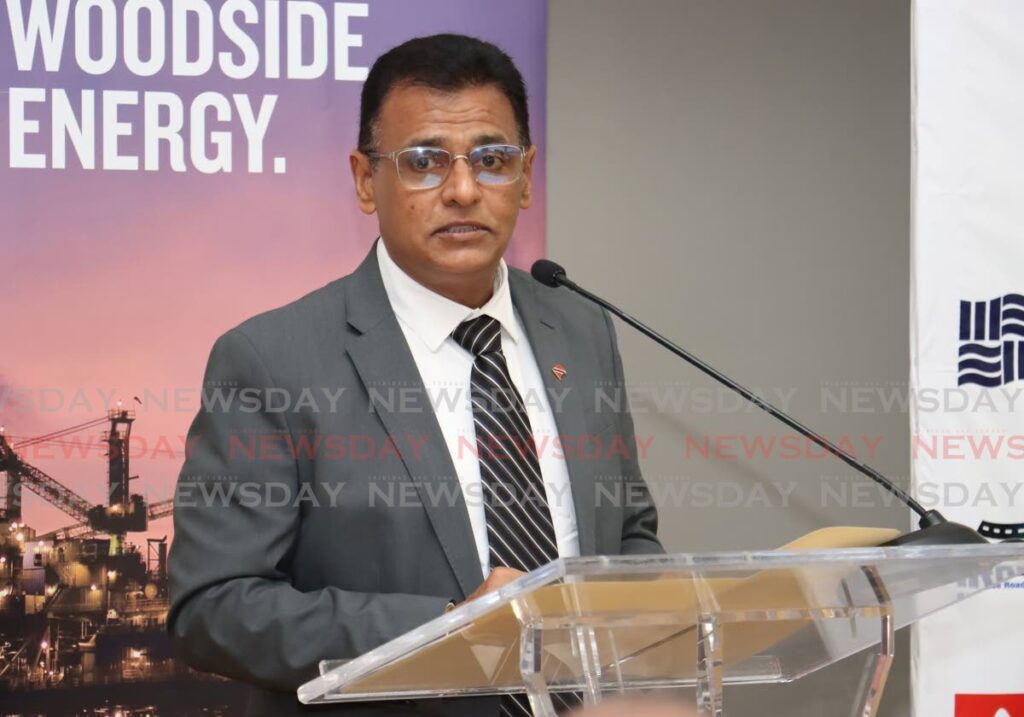Concepts of a coalition
Written by Newsday on December 14, 2024
AHEAD of the 2020 general election, Kamla Persad-Bissessar was unequivocal.
“We will not engage in any coalition,” she said. “We are strong enough to stand alone as the UNC.”
That election saw her party gain two seats. But it was not enough to unseat the PNM.
With another poll looming, Ms Persad-Bissessar has shifted her stance. Earlier this year, even as the UNC fell out with Gary Griffith’s NTA, she invited other parties.
On December 12, she followed through, meeting with OWTU trade unionists, politician Phillip Edward Alexander’s PEP and Garvin Nicholas’ MND.
However, there has been a studious avoidance of the idea of a formal coalition.
At this week’s meeting, Ms Persad-Bissessar spoke of a “coalition of interests.” Trade unionists have referred to a national front. The UNC and NTA were once in an alliance.
The approach suggests that, with months to go before the dissolution of Parliament, things may not crystalise into a repeat of 2010. In that year, trade unions and parties signed an accord that resulted in the People’s Partnership, led by Ms Persad-Bissessar. That coalition’s express intention was to vote out Patrick Manning’s PNM administration. It succeeded. The different approach now has advantages.
Authoritarian leadership is on the rise the world over.
For instance, attacks on press freedom by politicians are at extraordinary levels, according to the 2024 Reporters Without Borders index. To collaborate with others is to suggest a commitment to democratic rule.
Additionally, it is to tap into the growing feeling of dissatisfaction within the predominantly two-party system, as reflected by the mushrooming of smaller parties, including those in Tobago, which may yet play a key role.
Such entities have tripled in the last two decades, according to figures from the EBC. In 2007, six parties contested that year’s poll. By 2020, the figure had risen to 19.
However, this kind of courting has risks.
Though there may be “common ground,” as Ms Persad-Bissessar claims, there is something starkly transactional about marriages of convenience done just to unseat a government.
Few have forgotten OWTU leader Ancel Roget’s scathing criticisms of Ms Persad-Bissessar – from alleging corruption during her time in office to accusing her of treachery over a bid for the Petrotrin refinery.
Asking voters to put aside such bad blood generates low expectations and cynicism, not enthusiasm.
It entrenches a hollow notion of governance.
The practical difficulties in holding the PP together while in office may well inform Ms Persad-Bissessar’s current approach. She is hardly taking a risk with figures like Mr Nicholas, who served in her administration.
The approach might also reflect the reality that third parties rarely obtain seats on their own, even if they might do enough damage to change an election result.
The post Concepts of a coalition appeared first on Trinidad and Tobago Newsday.




